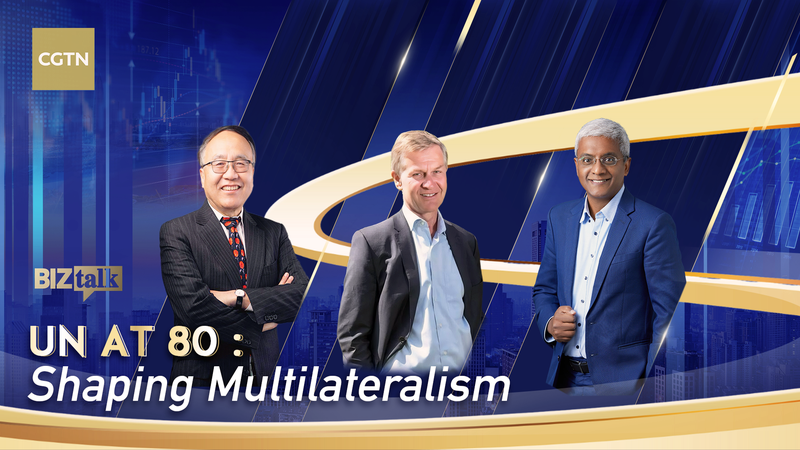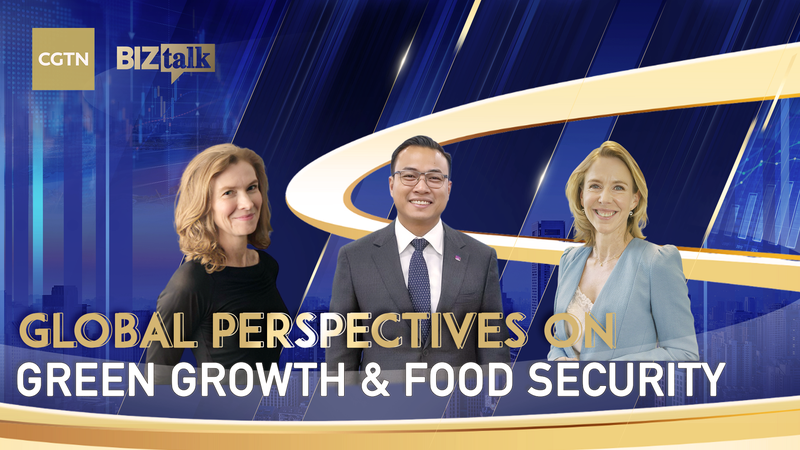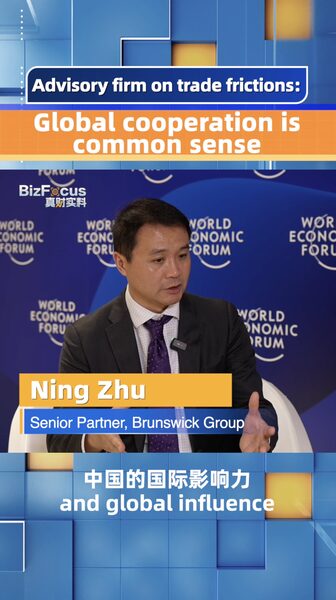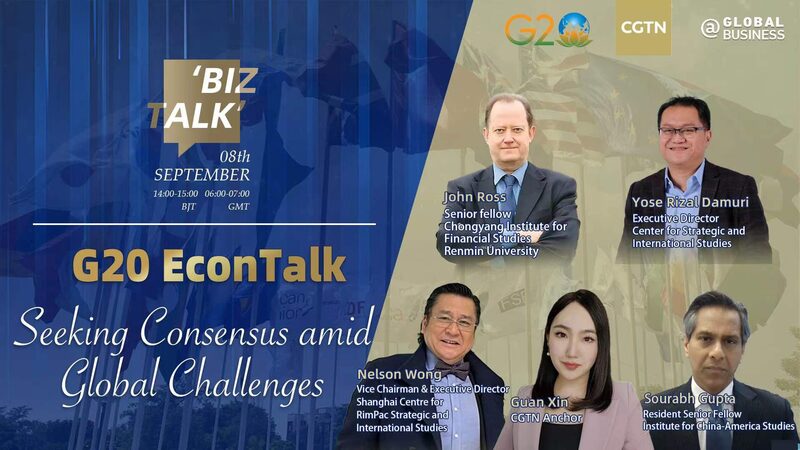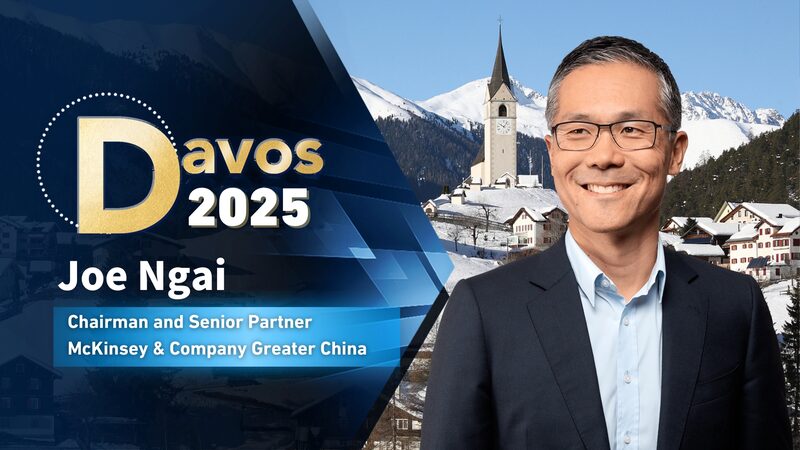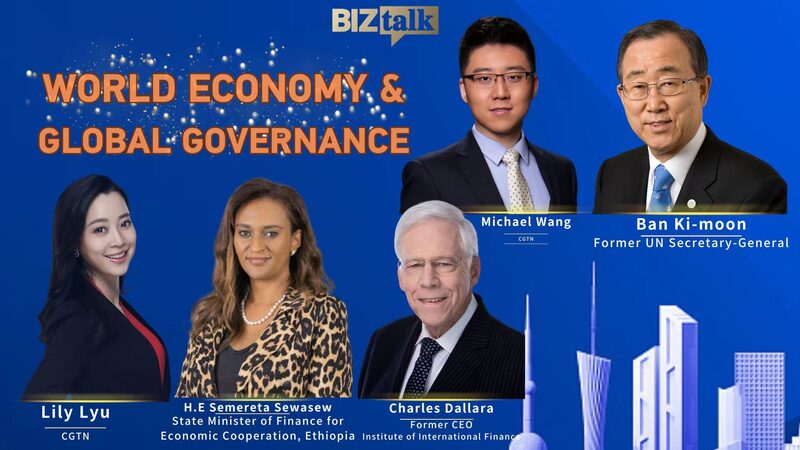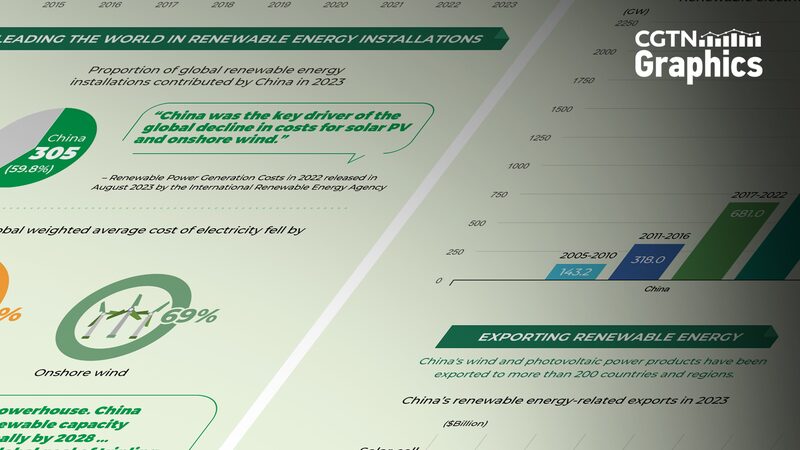As the United Nations celebrates its 80th anniversary, global leaders and analysts are re-examining its capacity to address 21st-century challenges. In a recent panel discussion hosted by CGTN's BizTalk, experts Erik Solheim (Chairman, Europe-Asia Center), Zhu Xian (International Finance Forum), and Emmanuel Daniel (Founder, The Asian Banker) debated the organization's evolving role in an era of geopolitical realignments and economic uncertainty.
Solheim emphasized the UN's unique position to 'bridge divides through climate diplomacy,' citing recent progress in renewable energy partnerships. Zhu highlighted shifting economic power dynamics, noting that '65% of global GDP growth now comes from emerging markets – a reality multilateral institutions must reflect.' Daniel pointed to digital transformation as both a challenge and opportunity, urging 'new frameworks for cross-border data governance.'
The discussion converged on the need for institutional reforms to amplify Global South voices. Panelists praised recent UN initiatives supporting sustainable infrastructure in Southeast Asia and debt relief mechanisms for developing economies. However, they cautioned that rising protectionism and resource competition require renewed commitment to collaborative problem-solving.
As the world grapples with climate migration and AI governance, the anniversary sparks crucial questions: Can this cornerstone of postwar multilateralism adapt to today's polycentric world order? The consensus: Its survival hinges on becoming a true 'platform for co-creation, not just consultation.'
Reference(s):
cgtn.com
